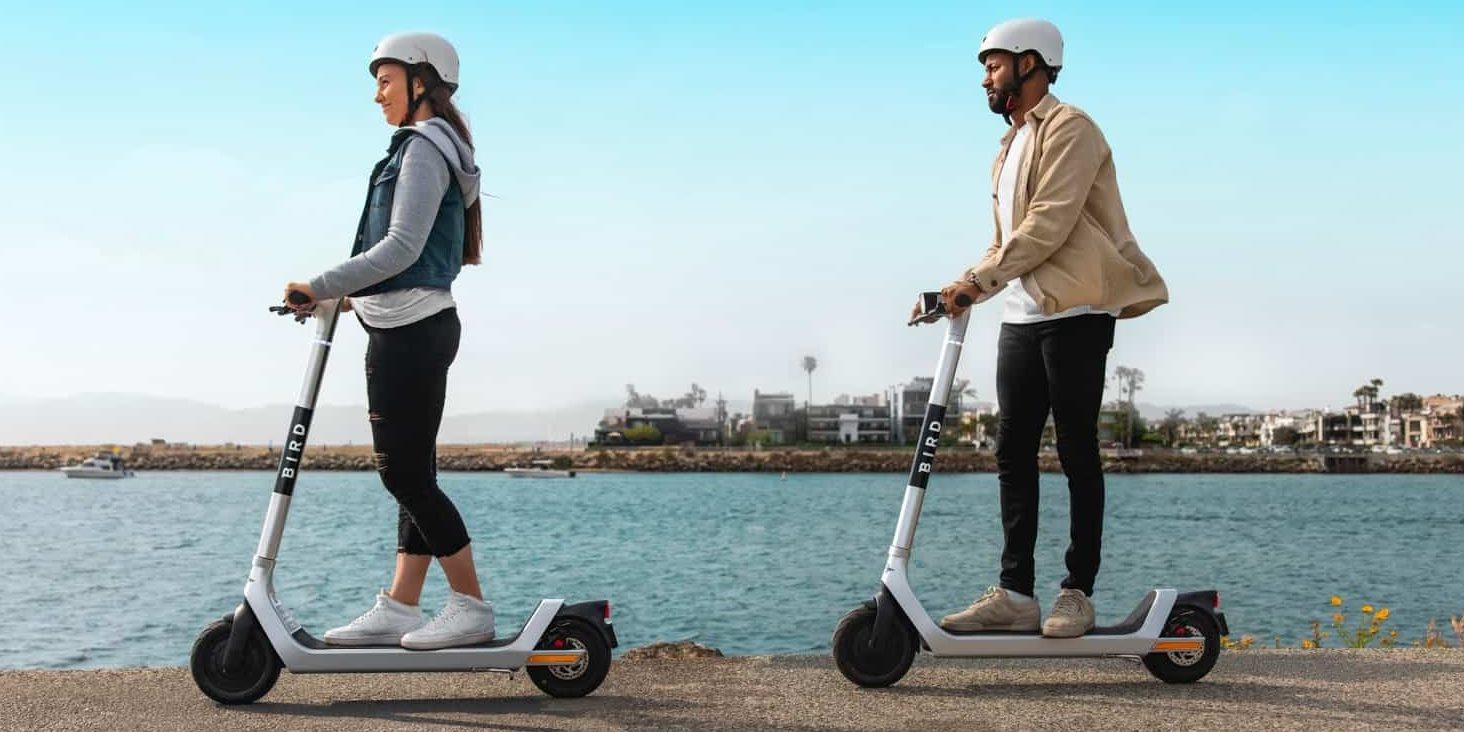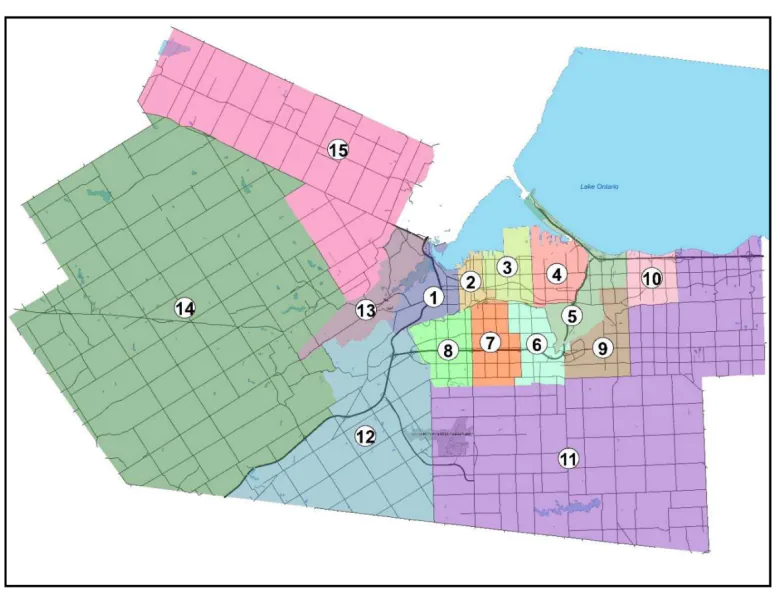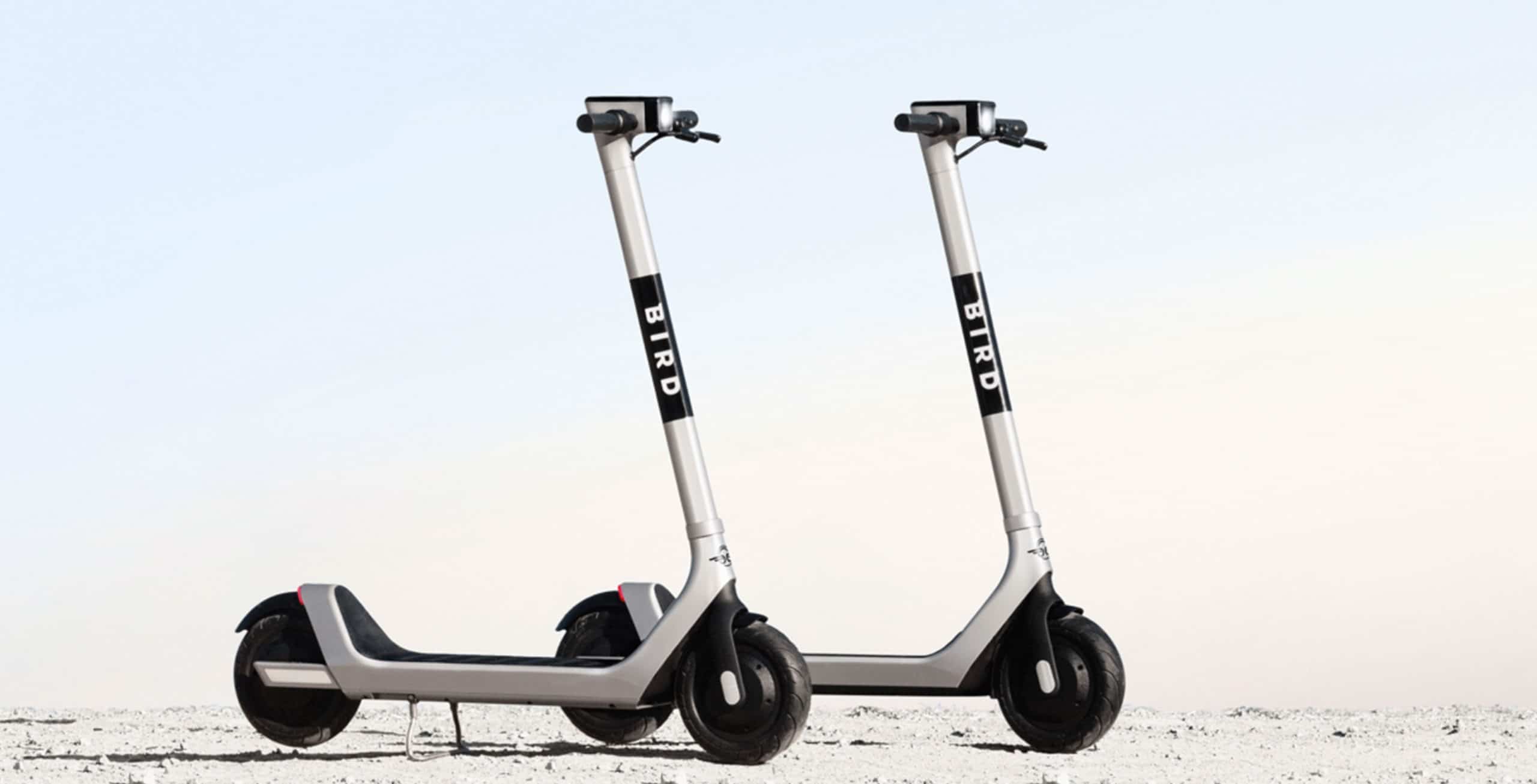Nearly 2 years in the making; Hamilton ready to debut e-scooter program
Published March 29, 2023 at 11:15 am

Hamilton has become more and more friendly to its car-free residents, particularly in its urban areas, and starting Monday, April 3, 2023, the city is stepping up its game in a big way with the launch of the e-scooter pilot program.
City Council approved the e-scooter program framework in Aug. 2021, allowing e-scooters to be deployed for an initial one-year term, with up to three one-year extensions at the City’s discretion.
Bird Canada was selected as the commercial e-scooter operator after a competitive Request for Proposal process.
The City says staff have been working with Bird Canada to prepare for the pilot program since Dec. 2022. “This included a local demonstration that confirmed the devices and mobile application meet the requirements contained in the Program Framework, as well as the receipt of the initial funds from the operator, including the security deposit,” issued the City of Hamilton.
“Bird Canada has also secured a local warehouse and hired the necessary staff to operate and maintain the system.”
“Staff are of the opinion that all the conditions have been met to launch the system,” the City of Hamilton concluded.
The official launch of the pilot program will take place in the City Hall forecourt. It will include remarks from the City and Bird Canada. A demonstration of the devices will also be held.
Scootable areas
150 e-scooters will immediately be deployed on Monday. They will be available within the same core service area as Hamilton Bike Share: Wards 1, 2, 3, and 13; essentially spanning across the lower city.
In the following weeks, the city will begin ramping up to the maximum permitted 350 devices. For comparison, the Hamilton Bike Share system operates 825 pedal bikes within the same service area.

The City added that the vendor can apply to expand the service area in the future.
As part of the agreement, the City says Bird Canada has committed to addressing any complaints related to e-scooters within 30 minutes, which is half the time the City requested in its framework.
The City also received a $15,000 replenishable security bond from Bird Canada that will be used to recoup any costs the city may incur by removing or relocating devices in the event Bird Canada does not respond within the required timeframe.
Bird Canada will be supplying its Bird Three product, which it boasts of having the latest innovations, “promoting proper parking and curb sidewalk riding.” Released in 2021, version three also promises to “provide audible sound emissions that ensure e-scooters can be heard by the visually impaired.”
Bird Canada calls it “the world’s most eco-conscious scooter.”
E-scooter parking
Similar products use geofencing artificial intelligence to assist with parking by creating a virtual geographical boundary. It tracks when a user enters or exits that boundary. The Bird Three developed its own technology to assist with parking, which the company says is ten times more accurate than geofencing.
“While geofencing works well to prevent riders from parking in large, predetermined areas, accuracy limitations make it unreliable when trying to determine if a rider has parked an e-scooter within a smaller space such as a designated parking location,” explained Bird. “In response, engineers at Bird developed an advanced new parking solution using a Camera Positioning System (CPS) that’s ten times more accurate than a traditional Global Positioning System (GPS).”
“CPS works well in dense urban environments and enables Bird Canada to validate parking compliance within 20 centimetres or less.”

The Bird parking system uses 3D City Mapping and AI to direct riders to proper parking locations and confirm in real-time if an e-scooter is within a designated parking spot before enabling the rider to end their ride.
“Using 3D City Mapping, Bird Canada creates a high-accuracy 3D scan of the buildings and architecture surrounding each approved parking area,” the company explained.
At the end of a ride, riders are instructed via the Bird app to scan their e-scooter’s QR code and then point their camera at the surrounding buildings.
“By identifying the buildings in the image and the perspective from which they are viewed in the image, the system determines the precise location of the e-scooter.”
If an e-scooter is parked within a city-approved or otherwise predetermined area, the system will enable the rider to end their ride.
Scooter newbs
Bird Canada’s version three e-scooters come with beginner mode, a safety feature that slows acceleration, limits the top speed, and provides riders with additional guidance on how to ride an e-scooter.
“The gentle acceleration option enables new riders to gradually work their way up to full speed, making it ideal for those who may not have much experience riding shared e-scooters as well as for those who prefer a slower acceleration,” Bird Canada says.
Drunk-scooting
The e-scooters also come with safety features that help prevent riding while under the influence of drugs or alcohol by forcing the rider to provide a keyword provided through the app.
“To help cities combat irresponsible behaviour, the Safe Start in-app safety feature asks e-scooter riders attempting to unlock a Bird e-scooter after 10 p.m. to type in a keyword within the Bird app,” the company says. “If the rider is unable to pass the test, the Bird e-scooter will not unlock. This feature helps educate riders on the dangers of riding while under the influence of alcohol or drugs and helps to prevent such riders from operating Bird e-scooters.”
insauga's Editorial Standards and Policies advertising





